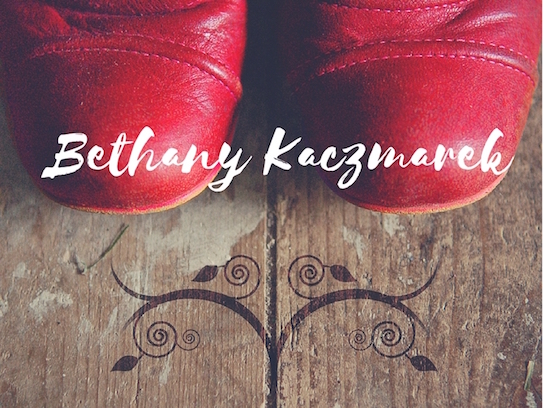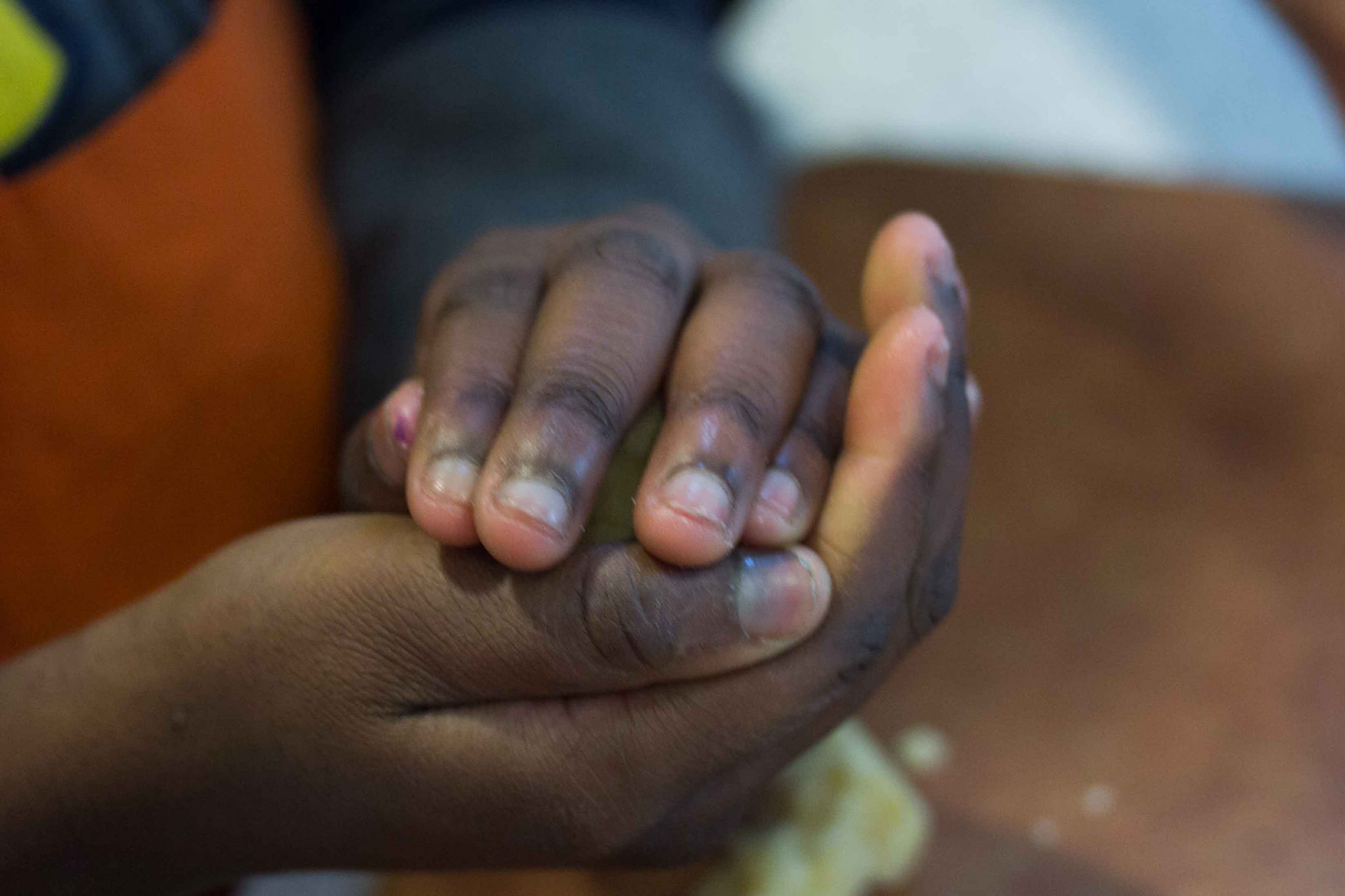To me, a white woman with white kids, black lives matter.
I hear you. Some of my friends, right off the bat are saying, “ALL lives matter.” And they do. But it’s okay to say that we recognize — especially right now — black lives matter.
To my black friends, I hear you. I see you. I understand — and I want to understand more.
My son doesn’t think like a lot of kids his age. He lived half his life in Central Europe. To him, the culture, the people, the country—all of it, became home. When we moved back to the US, he didn’t fit in, wasn’t sure he wanted to.
Racism is one of the things that bugs him most about America.
I remember the first time he saw an African. We lived in Lithuania at the time, in a city so white, they called me the Black Woman. Because of my hair.
In that sea of fair skin and blond hair, a Nigerian walked past. Caleb, seven, sat up straight. “Mom! Did you see that man?”
“I did! Isn’t he amazing?”
“I thought skin could only be that color in books,” he whispered.
We went home and talked about how big the world is, how different the people are—
and how people are so much the SAME.
I shared about the history of it all, the Middle Eastern beginnings, the spreading out and exploring, the language and people groups. About war and conquest. About civilization and education. About art and culture and government. About patriotism. About diversity.
I hadn’t gotten to America yet. The story of the world doesn’t begin with America. It begins with God.
From early in my son’s life, I wanted him to know that God made people, and sin wrecked them. The world is full of broken souls. People do ugly things to one another because they value their own comfort, power, their pride more than they value the lives of others. I wanted my son to know that people matter, no matter where they come from or how they live or what they look like or what their job is or what they believe.
Individual people matter. We don’t assume that because someone looks a certain way, they believe a certain way. We look into people’s eyes, and we get to know them. We ask questions. We find out if they are okay.
We love them because they are beautiful—created in the image of God.
We are not colorblind. We are amazed and awed and humbled by the rich diversity around us. We are humans who want to know other humans.
So when we moved back to America, my son was excited. So many people, so many lovely shades.
The problem was, we were in the South, and we were white.
I feared for my son in his awed naiveté. Not that the black people would be cruel, but that the white people would. My past flooded back to me.
See, I’d been burned by racism myself. I’d grown up in the North, and my best friend was black. When I was a teenager, my family moved South. I found it hard to make friends. It was the sort of town where, if you hadn’t grown up there, you didn’t fit in. But that didn’t stop people from offering advice. Several people warned me specifically (I think they really believed they were being kind) not to be seen with the blacks. My daddy was the new pastor in town, and I needed to think about his reputation too.
I cannot convey here how angry that made me.
I tried not to care so much, but I still hate that year of my life. When I went away to college, I made friends with anybody I wanted to. And I brought them home for my birthday party. Some men showed up at the parsonage. My black friends shouldn’t be there, they said. The other kids could stay, but not those two.
My gut rocked and my whole body flushed with embarrassment. Not because I had black friends there, but because white people had the audacity to tell my friends they didn’t belong. I balled my hands into fists, and my daddy—who knows my temper—saw me on The Verge.
He pulled me aside. “You need to calm down. Anger isn’t the way to handle this.”
“But those men are WRONG. It’s sinful, and you ought to call it like it is. You’re their pastor.”
He said something to me then that stung, but years later, I’d see the truth of it. “You don’t go in with guns blazing to change people’s minds. It doesn’t happen like that. With gentleness, you show them. You SHOW them the right way. I’ll speak the truth, but I’ll do it a little at a time.” He ducked and looked straight into me. “It’s not our job to change their minds. It’s the Holy Spirit’s.”
Talk about feeling helpless.
Daddy gathered me in his arms and said, “Let’s show them. Let’s just move your birthday party to a restaurant. Everyone’s still invited.”
And we did. I apologized to my friends, and you know what? They looked tired. Unsurprised. Maybe they thought they hid it, but I saw. That made me saddest of all.
But that sort of racism is the reason I feared for my 8yo son. Part of me didn’t want to admit it existed. Part didn’t want him to experience the shock and anger I had. Most of me heard my daddy saying, “Show them the right way.” So when that naïve little boy walked into the steak house and found a seat next to a black family, and kept staring, I thought, “This. This is where we walk it out. Lord, help us do this well.”
He smiled at the girl his age, got up and walked over. Her mama gave me the side-eye.
I knelt next to the woman and apologized for interrupting their dinner. I explained that he’d grown up overseas, and he’d never seen a little girl with such beautiful skin up close. I asked if we could let them chat for a moment.
She swallowed, distrust too familiar. But she nodded. Both of us were willing to risk the normal.
My son introduced himself and said, “I’m ordering chicken tenders too.”
The little girl blinked, stopped eating. They chatted about dipping sauces and bike riding and going to school in a few weeks. And then he reached out a finger and touched her arm. Her whole family turned their heads and watched.
Other tables noticed, as well.
Caleb put his bare arm right next to hers to compare. “I think your skin is the coolest. I don’t have a crayon that color, but I wish I did. Isn’t God the best for making us both?”
That mama and I shared a meaningful look, and she nodded. Smiled.
I gathered up my boy and shuffled him back to our table. That day, no one had been hurt.
We talked about the fact that not everyone would be okay with comparing skin tones. We talked about being careful, being respectful. But most of all, I began teaching him what my daddy taught me.
Anger doesn’t change people’s minds.
Fear is a real part of the story.
Hurt is a real part of the story. You’re going to hear and see ugliness from people who don’t understand, but you show them. You show them that the right thing is to see everyone, be kind to everyone.
You be patient, and you love, and you keep on even if the world doesn’t like it.
Now, I can honestly say—25 years later—that church, that town, it’s getting better. It’s not perfect yet, but change is happening. My dad taught me a lot about the power of gentleness and prayer. I see the results.
But we need more. My greatest sadness back at that birthday party was seeing that my black friends had learned to expect this. I was apparently the only one shocked by it. This inequality exists, and it’s wrong.
And it’s okay to call it wrong.
My dad was right that “going in gun’s blazing” doesn’t fix things. But it’s time to put the fear aside and be part of the changing. Call it wrong.
And then show the world that the right thing is to see everyone, especially those who have to teach their kids to be careful where they go, how they stand, what they wear.
You be patient, and you love, and you keep on even if the world doesn’t like it.
You keep on.


See what I’m up to out there…